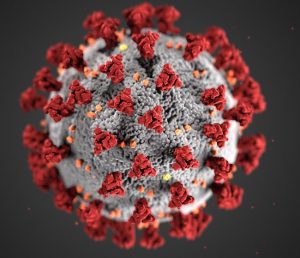New editorial policies at an MDPI title accused of publishing “sadistic, cruel, and unnecessary” animal studies are missing the mark, according to the Physicians Committee for Responsible Medicine (PCRM), a U.S-based advocacy group.
The group is waging a campaign against MDPI’s Nutrients, which it says is “publishing egregious animal experiments that could have been ethically conducted in humans.” The journal’s guidelines require the “replacement of animals by alternatives wherever possible,” as a PCRM guest post for Retraction Watch pointed out last year.
A former reviewer for the journal, and one of the more than 1,100 signatories of a recent PCRM boycott letter, said she resigned from the post after realizing Nutrients published research that was “sadistic, cruel, and unnecessary,” according to a press release from November.
Email correspondence made public here for the first time shows Nutrients continues to reject the group’s concerns. In one message from 2022, it told PCRM that 21 papers flagged as problematic “contained ethics statements that are in accordance with the journal policies.”
Continue reading MDPI journal still publishing ‘cruel and unnecessary’ research despite extra checks, campaigners say





